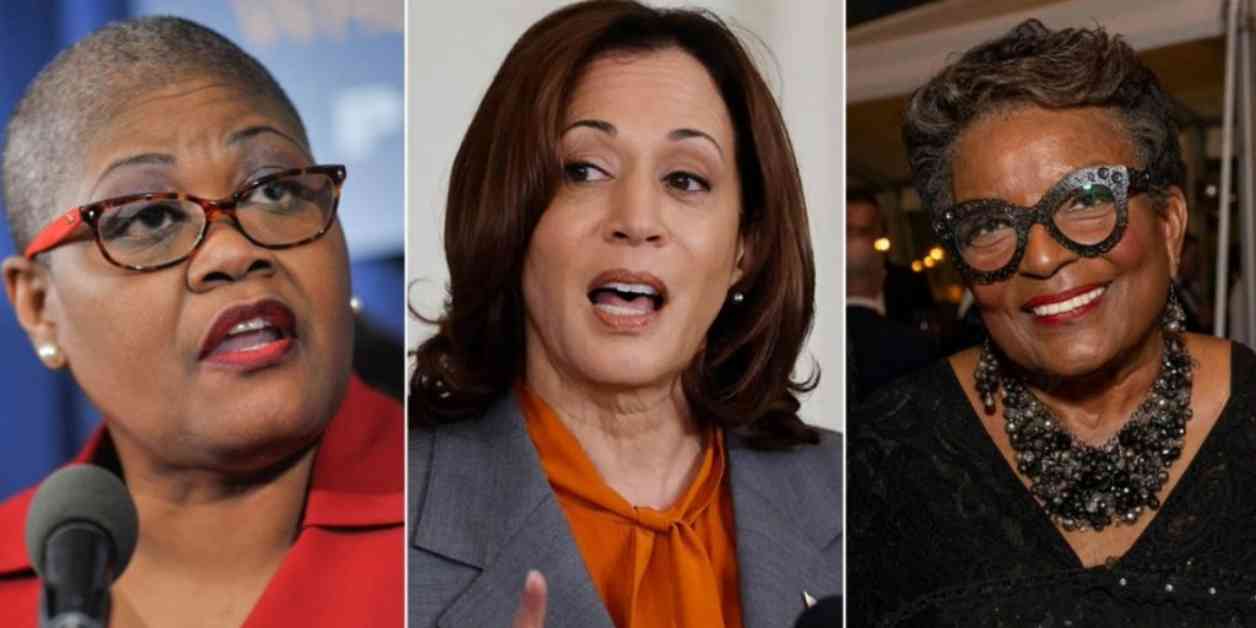Former special assistant to the president, Cliff Sims, shared insights on Vice President Harris’ liberal policies and record on a recent show, highlighting her genuine radical nature. Two Black female activists, Cora Masters Barry and Melanie Campbell, who have met with Vice President Harris multiple times and expressed strong support for her presidency, are now facing scrutiny for their past controversial statements.
Barry and Campbell, who have visited the White House more than 50 times combined during the Biden administration, made remarks during a public Zoom call that criticized White women and Trump supporters. These comments could potentially alienate some supporters of Vice President Harris, especially those in the “White women for Kamala” group.
The Zoom call, titled “White Women: Answer the Call,” aimed to raise funds for Harris’ campaign and attracted approximately 164,000 White women. However, Barry and Campbell’s statements on the call disparaging White women and Trump supporters have raised concerns about internal conflicts within the Harris campaign as they try to mobilize different voter groups under the banner of “unity.”
Barry’s comments about White women being influenced by White men and not being reliable Democrat voters, as well as her controversial remarks about Trump supporters, have sparked discussions about the intersection of race, gender, and politics in the upcoming election. Campbell also criticized White women who voted for Trump, attributing their support to notions of race and White privilege.
While the activists’ comments have drawn criticism, it is essential to consider the broader context of their advocacy work and the challenges they face in navigating complex political landscapes. The call for unity, as echoed by Vice President Harris, requires more than just rhetoric – it demands a genuine effort to bridge divides and prioritize common goals.
Barry’s call for the Black community to mobilize in support of Harris as the next President of the United States reflects a broader push for representation and empowerment within political leadership. Her remarks about organizing Black voters and leveraging resources to advance their agenda underscore the urgency of addressing systemic inequalities and promoting diverse voices in decision-making processes.
In light of the controversy surrounding their statements, Barry and Campbell have yet to respond to requests for comment. The Harris campaign’s stance on the matter remains unclear, raising questions about how they will address internal tensions and maintain a cohesive message moving forward.
As the election season unfolds, the role of activists like Barry and Campbell in shaping political discourse and mobilizing communities will continue to be a topic of scrutiny and debate. Their experiences and perspectives offer valuable insights into the complexities of identity, representation, and advocacy in contemporary politics.





















